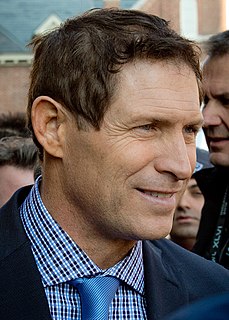A Quote by Lauren Willig
I went to grad school with the grand plan of getting my Ph.D. and writing weighty, Tudor-Stuart-set historical fiction - from which I emerged with a law degree and a series of light-hearted historical romances about flower-named spies during the Napoleonic wars.
Related Quotes
Historical fiction was not - and is not - meant to supplant literature from the period it describes. As a veteran of the Crimea, Tolstoy wrote 'War and Peace' to match his own internal sense of the truth of the Napoleonic wars, to dramatize what he felt literature from that period had failed to describe.
































